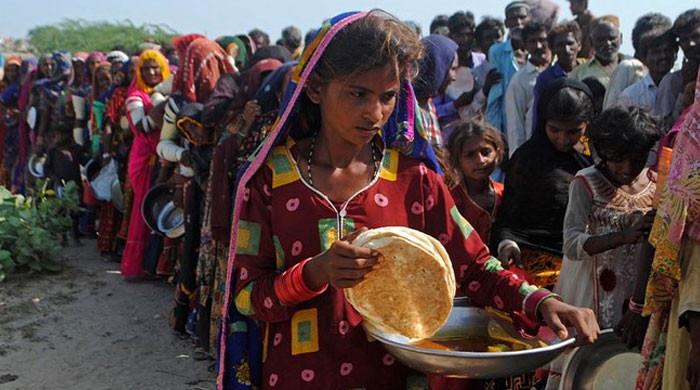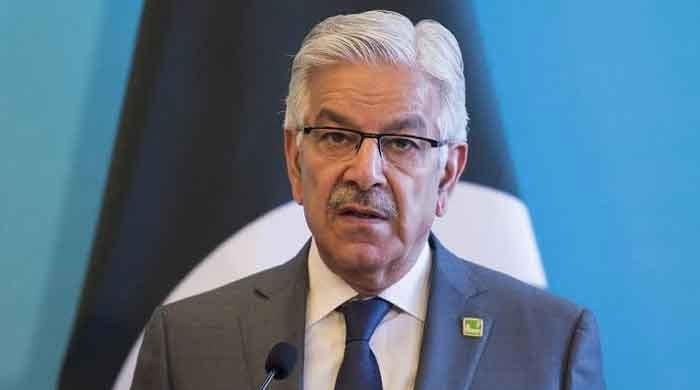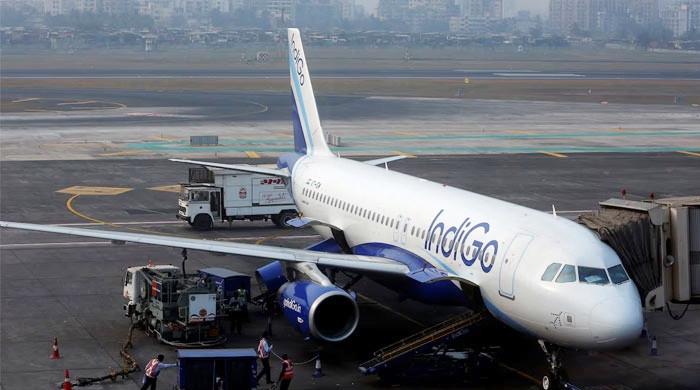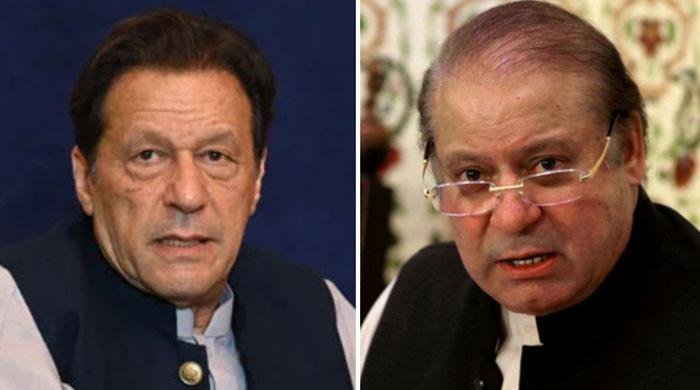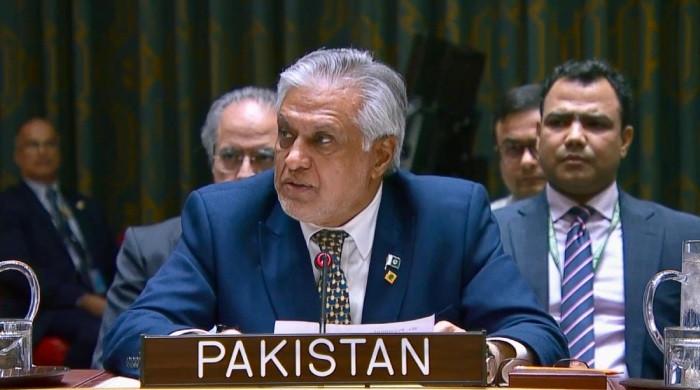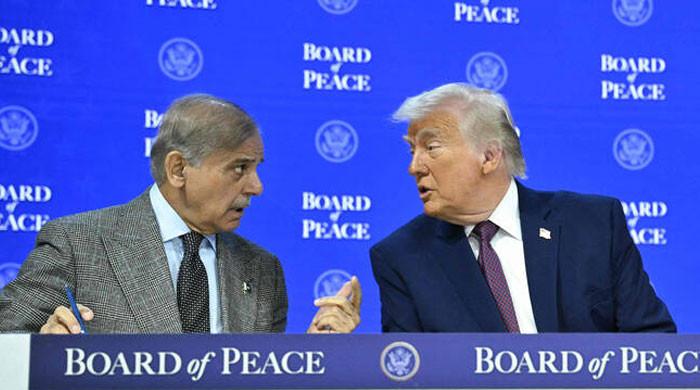Pakistan to end death penalty moratorium in terror cases
ISLAMABAD: Pakistan is to end its moratorium on the death penalty in terror-related cases, the prime minister’s office announced Wednesday, a day after Taliban militants killed 141 people in an...
December 17, 2014
The assault on the army-run school in the northwestern city of Peshawar, the deadliest terror attack in Pakistan´s history, has triggered widespread revulsion.
Political and military leaders have vowed to wipe out the insurgency that has killed thousands of ordinary Pakistanis in recent years.
"The prime minister has approved abolishment of moratorium on the execution of death penalty in terrorism-related cases," an official from Prime Minister Nawaz Sharif´s office said.
Hanging remains on the Pakistani statute book and judges continue to pass the death sentence, but a de facto moratorium on civilian executions has been in place since 2008.
Only one person has been executed since then, a soldier convicted by a court martial and hanged in November 2012.
Rights campaign group Amnesty International estimates that Pakistan has more than 8,000 prisoners on death row, most of whom have exhausted the appeals process.
Supporters of the death penalty in Pakistan argue that it is the only effective way to deal with the scourge of militancy.
The courts system is notoriously slow, with cases frequently dragging on for years, and there is a heavy reliance on witness testimony and very little protection for judges and prosecutors.
This means terror cases are hard to prosecute, as extremists are able to intimidate witnesses and lawyers into dropping charges.
Even when militants are locked up, they are often either freed soon afterwards on bail or able to continue their activities from behind bars.
Why hanging was banned
by Ansar Abbasi
While the rulers express their resolve to give exemplary punishment to terrorists, targets killers and those involved in heinous crimes, practically the Quranic law of Qisas (death penalty) have been suspended in Pakistan since 2008 by the government for economic gains from Europe.
The death penalty in Pakistan was though suspended by the PPP government in 2008 but only recently a federal minister confirmed that it has been done to avert the economic sanctions on Pakistan from the European Union.
Although generally the courts are blamed for releasing terrorists and others involved in heinous crimes, there is said to be a long list of condemned prisoners who are not being executed because of the moratorium imposed informally by the then President Asif Ali Zardari in September 2008.
The PML-N was opposed to this moratorium during the PPP’s tenure but when it came into power in June 2014, it continued with the ban on the death penalty. Initially, the PML-N government had indicated that the moratorium was temporary, aimed at getting a ceasefire assurance from the TTP, but it turned out to be a white lie. Later, the moratorium on the death penalty was informally linked to some special concessions offered to Pakistan by the European Union.
According to media reports, Pakistan has one of the largest numbers of condemned prisoners in the world. A 2012 report by a local newspaper shows the figure around 7,164 whereas the Human Rights Commission of Pakistan had claimed that the number of condemned prisoners in Pakistani jails was 8,000.
Without an official declaration, the PPP government had stopped all executions after it came to power in 2008, making Pakistan one of the 36 countries in the world observing a moratorium on the death penalty. The decision was also said to be the consequence of the European Union’s pressure on Pakistan to stop the death penalty.
While certain human rights organisations here demand an amendment to the law to end the death penalty in Pakistan, this is an Islamic punishment, which cannot be ended.Since 2008, only one convicted murderer was hanged. It became possible a few years back following the then army chief’s insistence on executing the convict, reportedly an ISI official who had murdered his colleague.
Amid mounting incidents of terrorism, ineffective intelligence, hopeless policing, poor prosecution and lack of useful counter-terror strategy, the governments have been trying to shift the blame on the courts, conveniently ignoring their own lethargy in punishing the terrorists.
Despite the poor conviction rate, it is believed that the pronounced execution of convicted terrorists and those involved in heinous crimes helps create the much-needed deterrence against crime. Generally, people believe that terrorists and criminals are having a field day in today’s Pakistan as they freely choose their target, hit and kill innumerable innocents and never get caught.




